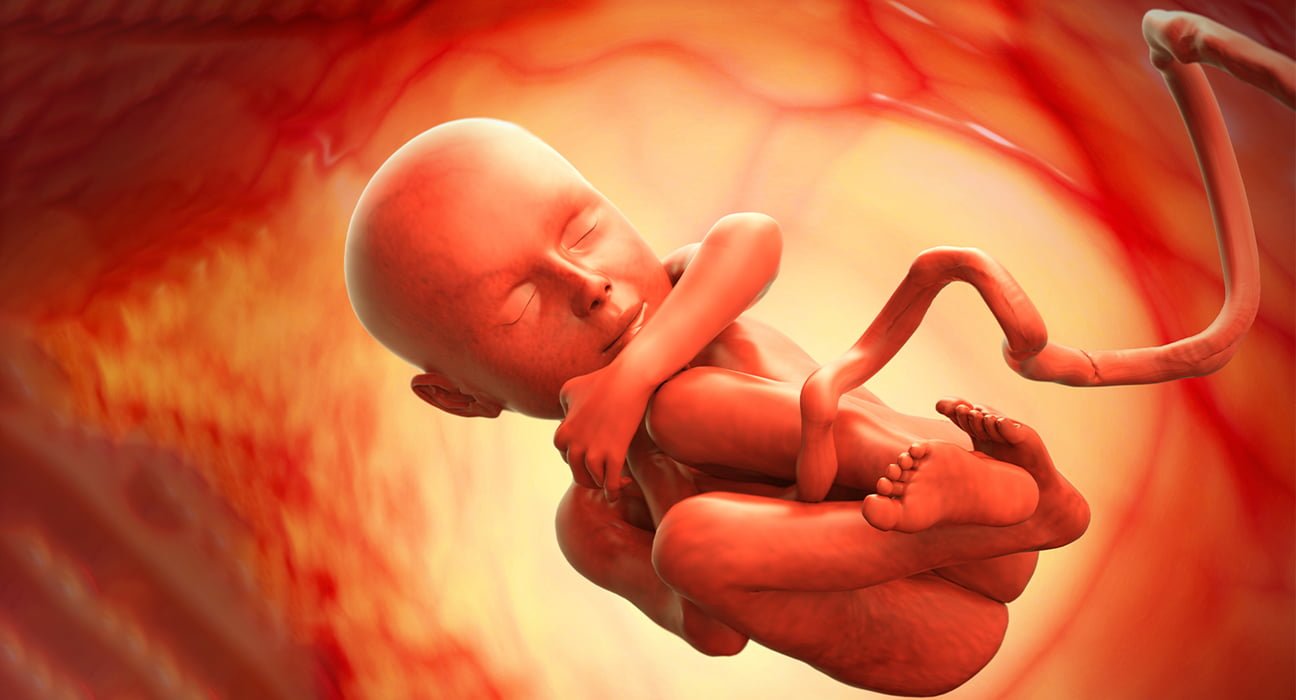Massachusetts General Hospital researchers have revealed a ground-breaking prenatal genomics discovery that reveals the secret to risk for childhood mental health. Their study, which was published in the journal Nature Neuroscience, demonstrates that a set of genes associated with neurodevelopment can predict the propensity to acquire a number of developmental issues. It’s including autism, ADHD, Tourette syndrome, and depression. This highlights the importance of early life treatments and prenatal exposures, like folic acid, in supporting optimal brain health outcomes and resilience against psychiatric disorders in children. These genes, which are largely present in the cerebellum, start to express themselves even before birth.
About the Study
The study’s results confirm the expanding body of knowledge that mental disorder in children has its roots in pregnancy. The Adolescent Brain and Cognitive Development (ABCD) Study. A massive inquiry concentrating on the brain development of children and adolescents, with almost 12,000 participants aged 9–10 years, provided data for the research team, which was led by Massachusetts General Hospital.
The initial experiment looked to see if the genetics of childhood mental symptoms and adult psychiatric disease patterns were related. The findings showed a more complex link between genetic risk and symptoms than was once thought. For example, a greater variety of symptoms in youngsters, extending beyond attention and mood-related disorders, were associated to genetic risk factors for illnesses like ADHD and depression.
What is the Neurodevelopmental gene set?
A new metric called the “neurodevelopmental gene set” emerged among ABCD participants as the most potent genetic predictor of mental health symptoms. This metric, created by computational geneticist Phil H. Lee, Ph.D., and colleagues at the Mass General Centre for Genomic Medicine, assesses the risk for a group of developmental diseases rather than a single disorder. The neurodevelopmental gene set comprises components of the genetic susceptibility to depression, Tourette syndrome, ADHD, and autism.
This neurodevelopmental gene set also predicted childhood psychiatric symptoms, according to another analysis using information from the Generation R project, which included kids in the Netherlands of a comparable age.
The researchers discovered that the genes in this group are most strongly expressed in the cerebellum, a part of the brain predominantly associated with complex motor functions, after looking through brain banks and using brain imaging data from the ABCD study. It’s interesting to note that these genes’ expression peaks just before birth. Additionally, the imaging results showed that children with psychiatric symptoms tended to have cerebellums that were a little bit smaller, which may indicate the influence of these genes on cerebellar development throughout foetal life.
Importance of the Result
The MGH Early Brain Development Initiative’s director and co-senior author, Dr. Joshua Roffman, emphasised the significance of these findings. He noted that genetic risk factors for mental illness in children have an impact even before birth. We may need to take action to lessen these risks sooner than originally anticipated, as advised. Roffman also emphasised the significance of the early life environment, which has a significant impact on the likelihood of mental illness. It may be possible to prevent young people from developing psychiatric problems by altering their early environments.
Further Research
The Massachusetts General Hospital team is currently looking at additional prenatal variables. It can boost brain resilience and lower the incidence of psychiatric illnesses in children. These factors cover a range of topics, including maintaining a healthy lifestyle (which includes getting enough sleep, exercising regularly, and eating right), guaranteeing the best prenatal care, and offering psychosocial support.
We may eventually be able to better understand and treat the origins of childhood mental health disorders thanks to this groundbreaking research. Healthcare practitioners and politicians can investigate early interventions and promote tactics that favour healthy brain development by identifying the prenatal genetic elements that contribute to these problems.













Leave feedback about this